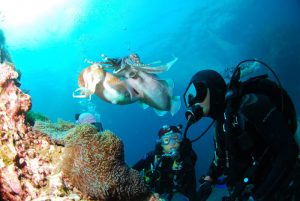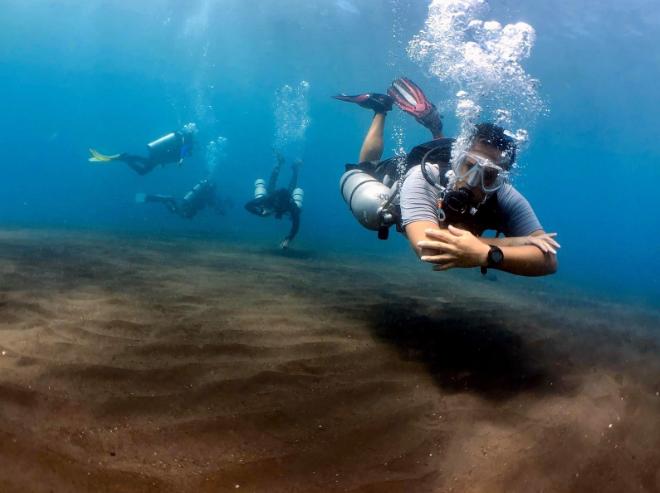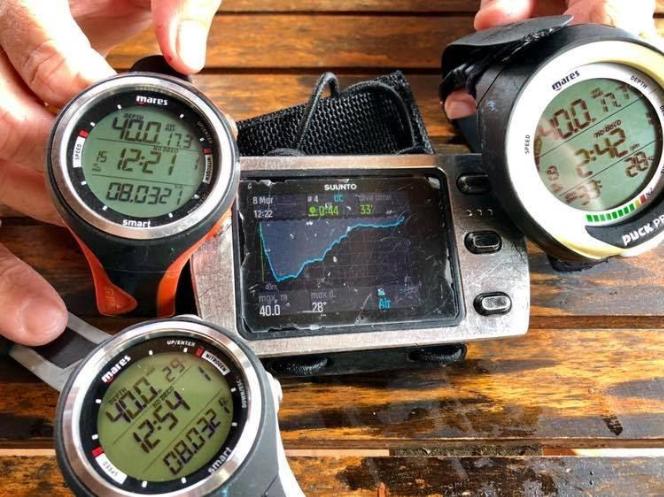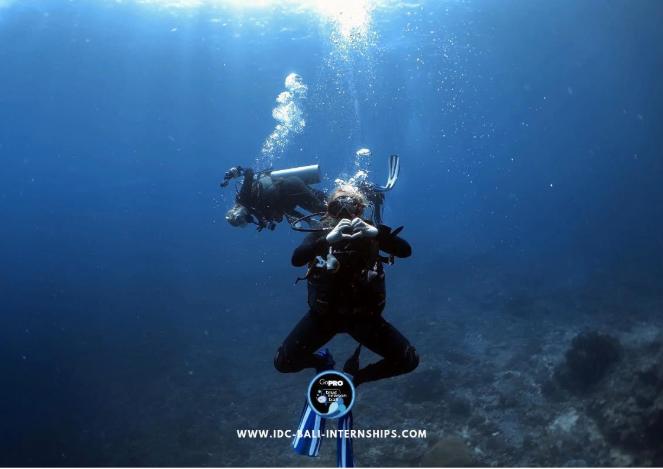Divemaster Internship: Doing Briefing Efficiently as Dive Leader
If you are an avid diver, you appreciate how crucial having the right information before a dive is. Especially in Bali when water conditions can change abruptly or exposure to extreme weather conditions, the right information before all your dive is important. Whether you are doing your internship or you already have some experience under your belt, it is important to take briefing before a dive very seriously. You should know that underwater, your skills and information about the site will greatly determine your safety.
Brief Efficiently as Dive Leader
While you might not even have your divemaster with you during the actual dive, the information that these experts give you is critical. As a learner, this information will help determine how your diving experience will turn out to be. If you are the divemaster, it also behooves upon you to ensure the information you disseminate to the learners is helpful and easy to understand.
Below are some of the major areas a divemaster should cover when giving a briefing before a dive:
- Introduction: As a divemaster, you have to start by creating rapport with learners by letting them know you.
- Site description: This is a crucial part of any briefing as it creates a mental image in the learner’s mind. To make the briefing interesting, give fun facts about the diving site, the risks, the benefits, the precautions needed and of course the history of the site. The learners are able to prepare for the challenges by learning about the current, topography, and obstacles and this prepares them mentally.
- Current conditions: A divemaster briefing must focus on the day’s conditions. This ensures everyone on the diving team will be ready for these conditions. Potential hazards on any particular day must be highlighted and ways of handling them discussed. Safety precautions always result in the best diving experience.
- Dive specifics: How will the dive progress? Is it wall muck or drift diving? The divemaster should take time to explain every part of the dive in detail including entry and exit procedures, maximum depths, bottom times and other factors. As a learner, you are best advised to keenly follow these instructions to guarantee the best diving experience and guarantee your safety while underwater. It is important to note that you are responsible for tracking depth and the time when you dive.
- Air reserve mechanics: This will depend on your dive depth but in all cases, when you reach your reserve, the first action is to terminate the dive to avoid any risks. Air reserves vary based on dive depth and hence the need to understand what will work for you in specific conditions. You will also learn how to react in case of poor weather and this must be part of the divemaster briefing.
Doing your divemaster internship in Bali would give you the best experience as your training will include a very wide variation of dive. From drift dive to wreck dive, you will learn to assess your skills in different types of diving and extreme water conditions. In Blue Season Bali, we train our students to not just be PADI professionals, but dive leaders of the industry. Learn more today from our website or contact us for more information for your divemaster internship in Bali.




